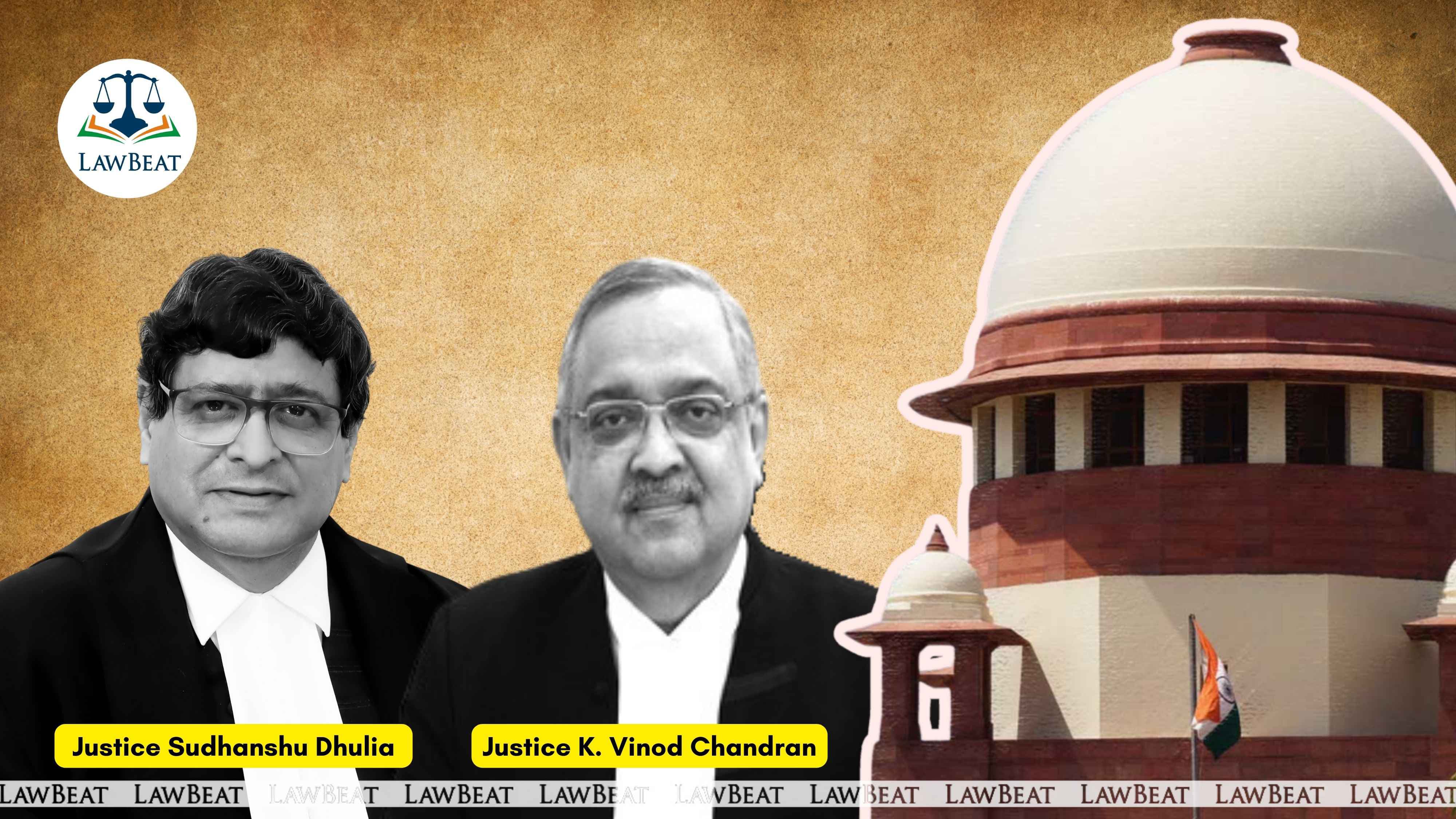Conveyance Deeds Not Affected by Power of Attorney Cancellation: SC

Court ruled that conveyance deeds executed under a valid power of attorney cannot be unsettled by canceling the power of attorney, especially after a significant lapse of time
The Supreme Court has said that conveyance deeds made on the strength of the power of attorney cannot be unsettled by canceling the power of attorney a decade later.
"The power holder having exercised the authority conferred; to convey the properties in the name of the purchasers, the cancellation of the power of attorney will have no effect on the conveyances carried out under the valid power conferred. Nor would it confer the person who executed the power of attorney any cause of action, by virtue of a cancellation of the power conferred by a subsequent document, to challenge the valid exercise of the power when it existed," a bench of Justices Sudhanshu Dhulia and K Vinod Chandran said.
The court set aside the high court's order, which reversed the rejection of the plaint.
"We are definitely of the opinion that the High Court had erroneously treated the cancellation as the point of commencement of limitation. We do not place any reliance on the knowledge attributed to the plaintiff as on January 10, 2015 by the Trial Court in its order; which is argued by the respondent to be without any basis," the bench said.
The power of attorney was executed in 2004, and the conveyances were made between 2004 and 2009. There cannot be any cause of action derived from the cancellation of the power of attorney after more than 11 years, the court held.
The defendant in the suit was the appellant before the apex court, who assailed the decision of the single judge, reckoning limitation from the cancellation of a power of attorney that had been executed long ago, pursuant to which sale deeds were also executed.
The suit was instituted by the plaintiff for a declaration and injunction that the various sale deeds entered into and executed on the strength of the power of attorney are null and void, and to restrain the defendant permanently from interfering with the peaceful possession and enjoyment of the suit properties.
The first defendant, the power holder, filed an application under Order VII Rule 11, read with Sections 10, 11, and 150 of the Civil Procedure Code, clearly alleging that the suit was barred by limitation. The trial court, mindful of the caution in considering an application under Order VII Rule 11, where such an application would not normally require an elaborate examination of the documents produced (which should be done at trial), nonetheless found that the clear facts arising even from the averments indicated that the suit was barred by limitation.
The general power of attorney executed by the plaintiff in the name of the first respondent was dated October 15, 2004, and the sale deeds sought to be declared null and void were from the years 2004-06 and 2009. The plaintiff contended that he was made aware of the sale deeds only on September 21, 2015; and the suit was filed on September 20, 2018, within three years of this knowledge.
The trial court found that by 2015, the plaintiff was already aware of the transactions made on the strength of the power of attorney. It concluded that the suit was clearly barred by limitation, even from the date of knowledge, and the plaint was rejected.
On appeal, the high court found that the power of attorney was canceled only on September 22, 2015, and the limitation should commence from that date. The high court directed the suit to be restored to the trial court for proceeding on merits in accordance with law.
The appellant contended that limitation cannot commence from the date of cancellation of the power of attorney.
The respondent claimed the transactions were collusive, as the power holder had transferred the properties to his own wife and had obtained the conveyance in his name. He argued that a fraud had been committed on the plaintiff and that the judgment of the high court should be upheld.
As is clear from the records, the bench said, the respondent-plaintiff does not dispute the execution of the general power of attorney, which was executed as far back as 2004. Conveyances were made by the power holder clearly on the strength of the power conferred on him. The plaintiff's attempt is to unsettle settled matters, especially on the plea that the power of attorney granted in 2004 was canceled in 2015, court highlighted.
"We are clear in our minds that the cancellation does not affect the prior conveyances made which are clearly on the strength of the power conferred on the appellant. There is no contention raised as to the power of attorney having not conferred the power to enter into conveyances or that such power of attorney was executed by reason of a fraud or coercion employed on the executant," the bench said.
Case Title: V Ravikumar Vs S Kumar
